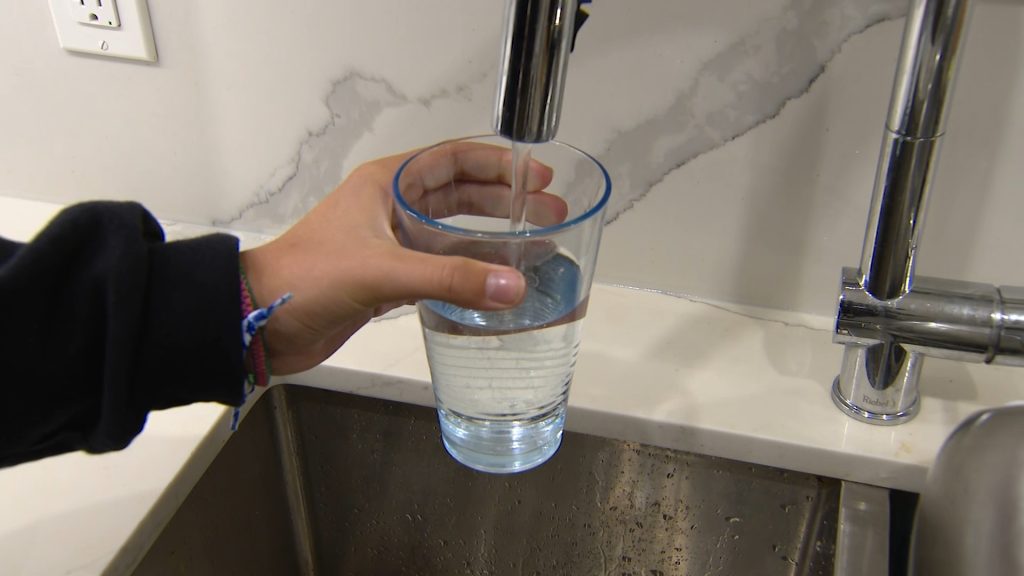Montreal reports nearly 300 cases of monkeypox ahead of Pride week

Posted July 28, 2022 3:50 pm.
As Montreal pride kicks off in a few days here in the Village and around the city, Montreal public health is reminding people to keep safe and get inoculated against monkeypox if you’re at risk, at a vaccination clinic.
The city has reported 299 cases of monkeypox – remaining the epicentre of Canada. Public health says they’re hitting a plateau, but are projecting another rise.
“We have festivities around the world and we have more contacts because of the summer season,” said Mylène Drouin, Montreal public health director. “So it is not necessarily the festivity of the Fierte, but we are more expecting during this season to have an increase in the number of cases Toronto has, but at the same time being really proactive.”
So far more than 13,000 people in Montreal have gotten vaccinated.
“Toronto Pride was a month ago and they were a really different situation,” said Simon Gamache, director general of Pride Montreal. “And, you know, I think they are today really envious of what has been done in Montreal, what has been achieved by public health with partners. We’re in a totally different situation. And as I said before, it’s probably like the safest pride this summer in terms of monkeypox.”
The World Health Organization recently declared monkeypox to be a public health emergency of international concern. Canada now has 745 confirmed cases as of Wednesday.
RELATED:
- Monkeypox deemed global emergency by World Health Organization
- The monkeypox outbreak and an era of emerging viruses
- Montreal monkeypox cases levelling off, but officials concerned by rises elsewhere
“It is difficult to think that we’re going to be able to have a downslope and think that it’s going to be finished in Montreal, knowing that in other countries they still have a rapid increase in some cities of cases,” explained Dr. Drouin.
Monkeypox is mainly affecting gay or bisexual men or those who are non-binary and is transmitted through prolonged skin-to-skin contact, some say it’s important to not create a stigma.
“We have to see this disease as not only linked to a specific community. And if I get in contact and it is not necessarily only by sexual contact,” said Dr. Drouin.
“We have to be vigilant. And the main message that I want to say today is to go get your vaccine. If we get a high rate of vaccination in the community, we can have some cases endemic, but we can at least manage the outbreak.”








